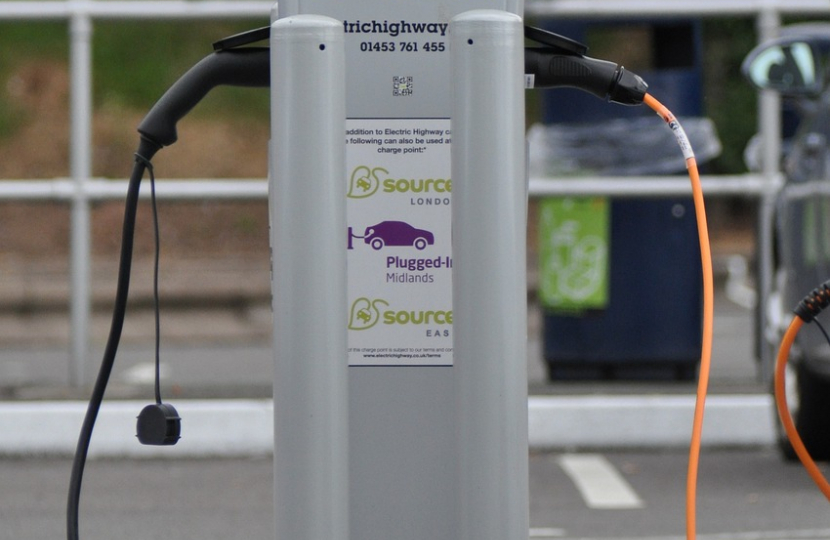
My article for this week's Herald and Post...
It won’t surprise you to hear that the announcement last week of a delay in the ban on the sale of petrol and diesel cars prompted a flurry of emails to my inbox.
Some people were horrified that we are reneging on our Net Zero commitment (we aren’t) or that we are abandoning the key measures to get us there (again, we aren’t).
I understand why the newspaper headlines would generate that reaction. It seems counterintuitive to slow things down, given everything we read and hear about.
The imperative to act on climate change remains as acute. And it continues to require concerted parallel action around the world.
I have always said we should concentrate on the things that will have most impact; we need to take people with us, go with the grain of people’s lives, and not impose unreasonable cost.
We have been global leaders on decarbonisation, with particularly strong performance on decarbonising electricity. I am proud our country is a leader in the field, but the way the world works, global warming responds to what the world does as a whole.
The decision to delay the ban of petrol and diesel car manufacture by five years brings us into line with others like France and Germany. A lot was made of the reaction of the Ford Motor Company – but there were very different reactions from others like Jaguar Land Rover and Toyota who saw it as pragmatic. Ultimately automotive is a highly international sector.
And car makers here will still be subject to stretching electric vehicle production requirements, with 22 percent of cars sold needing to be electric in 2024, rising incrementally to 100 percent in the decade beyond.
Home heating does remain an important area to address, but for many households – and especially those off-grid including many in East Hampshire – moving back the boilers ban gives these homeowners a bit of breathing space. The lowest income homes will be exempted.
Less remarked upon last week was what the PM said about reforms to ensure we have grid infrastructure sufficient for the switch to lower-carbon electricity. This will be controversial, no doubt, but it is a fundamental enabler.
That complements changes to the planning system earlier in the year that will allow more onshore wind developments. The UK is already a world leader in offshore wind, and there is scope for more lower-cost onshore production, where it has local support.
And there are lots of, as yet untapped, opportunities with nuclear power and carbon capture technology too.
Key to reaching net zero is public support. You can’t guilt people into changing their behaviour or buying habits – at least, not successfully and sustainably.
I first wrote in the Herald about the need for a ‘measured approach’ on climate change thirteen years ago. Since then, much has changed. That has been positive change in many ways, including technology availability. But no one could have foretold the effect of an illegal war and trading turmoil on top of a global pandemic, and the exacerbating effect on the ‘trilemma’ I wrote about here recently.
Leadership is about making tough calls at the right time, and being able to flex and adapt to changing circumstances. Last week, the Prime Minister recommitted the UK to Net Zero by 2050 but pledged a fairer path to achieving it, one that eases the burden on families.


